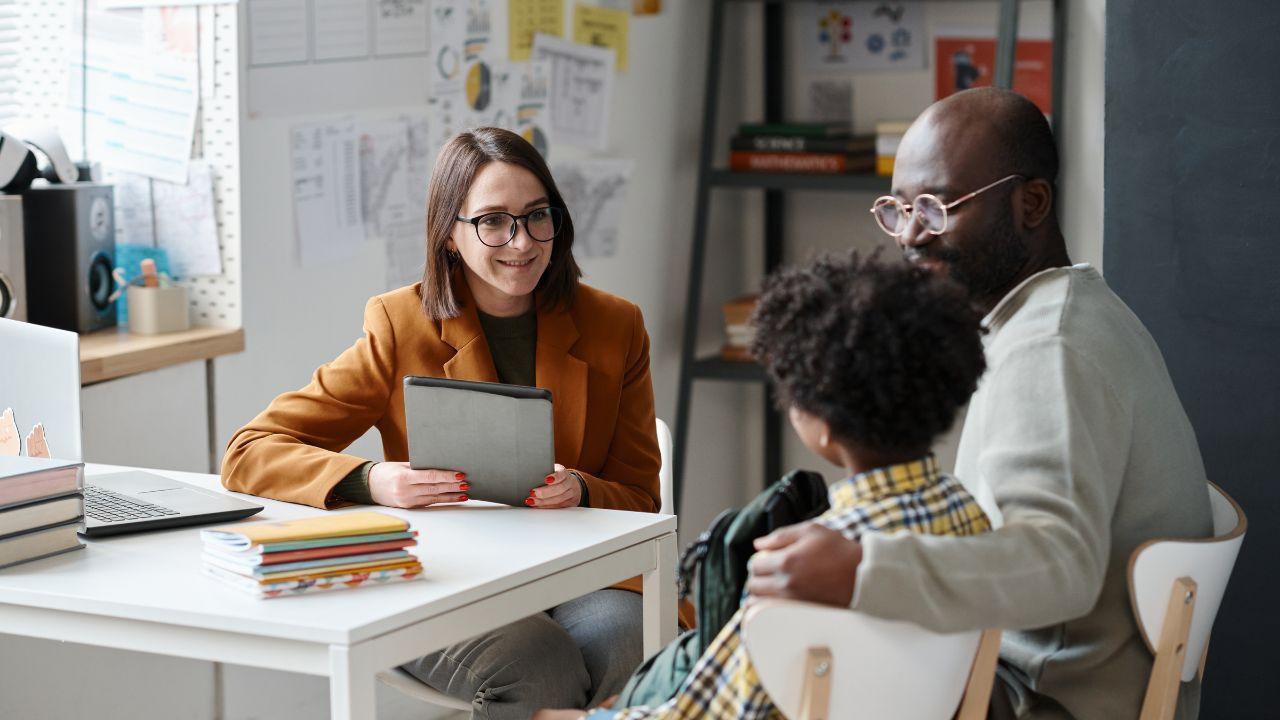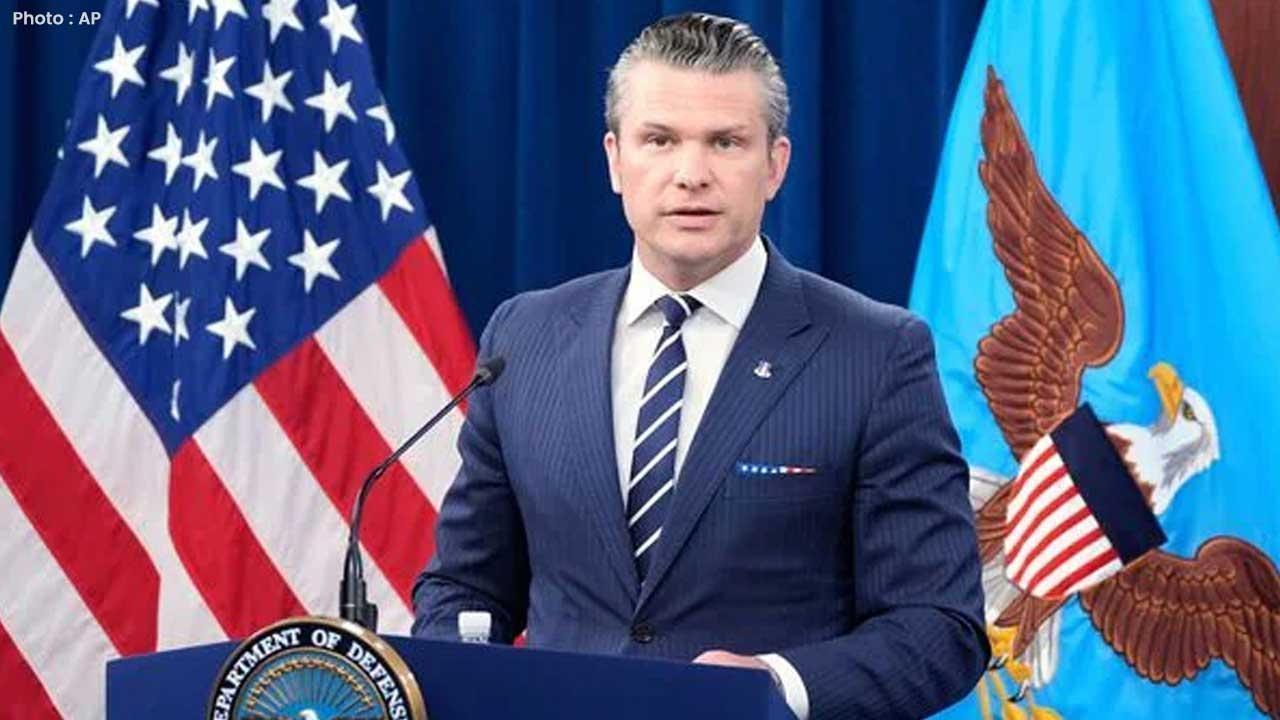
Post by : Vansh
In today’s complex and fast-evolving educational environment, academic success is no longer determined solely by what happens inside the classroom. It is increasingly evident that student success depends on strong, consistent collaboration between educators and families. The parent-teacher partnership is a vital and growing strategy that helps children flourish both academically and emotionally, by aligning home and school efforts toward a shared goal.
The parent-teacher partnership is a cooperative relationship built on communication, trust, and mutual respect. When teachers and parents actively work together, students benefit from a more cohesive and supportive learning experience. This collaboration enables both parties to understand the student’s needs, identify strengths and areas for growth, and design effective strategies for improvement.
Studies have shown that students with engaged parents are more likely to earn higher grades, attend school regularly, demonstrate better social skills, and pursue higher education. This clearly indicates that when teachers and parents become allies, students are empowered to reach their full potential.
For years, parental involvement in schools was limited to activities like attending parent-teacher conferences, volunteering during events, or helping with homework. While these are helpful contributions, they do not always reflect deep, consistent collaboration.
In contrast, the new model of parent-teacher partnership involves ongoing dialogue, shared decision-making, and joint problem-solving. It moves beyond occasional check-ins to become a dynamic, two-way relationship that prioritizes student growth.
This partnership model recognizes parents as valuable co-educators who bring insight into their child's personality, background, and learning style. At the same time, it acknowledges educators as trained professionals who guide academic development and provide structured learning.
Creating and maintaining a successful parent-teacher partnership requires effort and intention. Here are several essential components:
Consistent communication is the foundation of any strong relationship. Teachers should provide regular updates about student progress, classroom expectations, and school events. Similarly, parents should feel comfortable sharing concerns, offering feedback, and celebrating achievements.
Technology has made communication easier than ever, with emails, messaging apps, and virtual meetings allowing for real-time interaction. However, it’s important to strike a balance and ensure that communication remains purposeful, respectful, and student-focused.
For students to thrive, parents and teachers must align their expectations around behavior, learning goals, and academic performance. Clear, mutual understanding of what success looks like ensures that both parties are pulling in the same direction.
When parents reinforce classroom values and learning objectives at home, students are more likely to stay motivated and focused.
Every family brings a unique set of values, traditions, and experiences. A strong parent-teacher partnership embraces cultural diversity and ensures that all voices are heard. Teachers should strive to create inclusive environments where every family feels respected and understood.
This not only enhances trust but also enriches the learning experience by exposing students to a wide variety of perspectives.
Parents and teachers should collaborate on strategies to address academic challenges or behavioral issues. Whether it’s creating a reading plan at home or supporting social-emotional learning, joint efforts can lead to more effective outcomes.
Celebrating successes, big or small, is equally important. When students see both their parents and teachers invested in their growth, they feel more valued and supported.
The impact of this collaborative model is significant and far-reaching. Some key benefits include:
Improved Academic Performance: Students with involved parents often perform better in reading, math, and other core subjects.
Increased Confidence: A strong support system helps students build self-esteem and develop a positive attitude toward learning.
Better Behavior and Attendance: Consistent messaging from home and school reduces disciplinary issues and encourages regular attendance.
Early Intervention: Teachers and parents can work together to identify learning disabilities or emotional challenges early on, allowing for timely intervention.
Stronger School Community: A culture of collaboration strengthens the overall school climate, fostering mutual respect and shared responsibility.
The content in this article is intended for general informational and educational purposes only. It does not constitute professional advice or represent official educational policy. Readers are encouraged to consult with relevant professionals or institutions for specific guidance. Published by MiddleEastBulletin news network.










Pageau's Overtime Goal Propels Islanders to 4-3 Victory Over Golden Knights
In a thrilling overtime finish, Jean-Gabriel Pageau leads the Islanders past the Golden Knights 4-3,

MLB Awards: deGrom and Acuna Jr. Shine as Comeback Players
Jacob deGrom and Ronald Acuna Jr. celebrated MLB Comeback Player Awards, alongside Ohtani and Judge

Portugal Confronts Ireland in Pivotal World Cup Qualifier
Portugal, led by Cristiano Ronaldo, faces Ireland in a vital Group F World Cup qualifier that could

Haaland's Brilliance Leads Norway to 4-1 Victory Against Estonia
Erling Haaland showcases leadership as Norway crushes Estonia 4-1, boosting their World Cup ambition

Hawks Triumph Over Jazz; Suns and Raptors Secure Victories
Hawks' Onyeka Okongwu and Jalen Johnson lead in a thrilling win against Jazz; Suns and Raptors also

Indian Men's Recurve Team Clinches First Asian Gold in Nearly Two Decades
The Indian men's recurve team triumphed over South Korea, securing their first Asian gold in 18 year